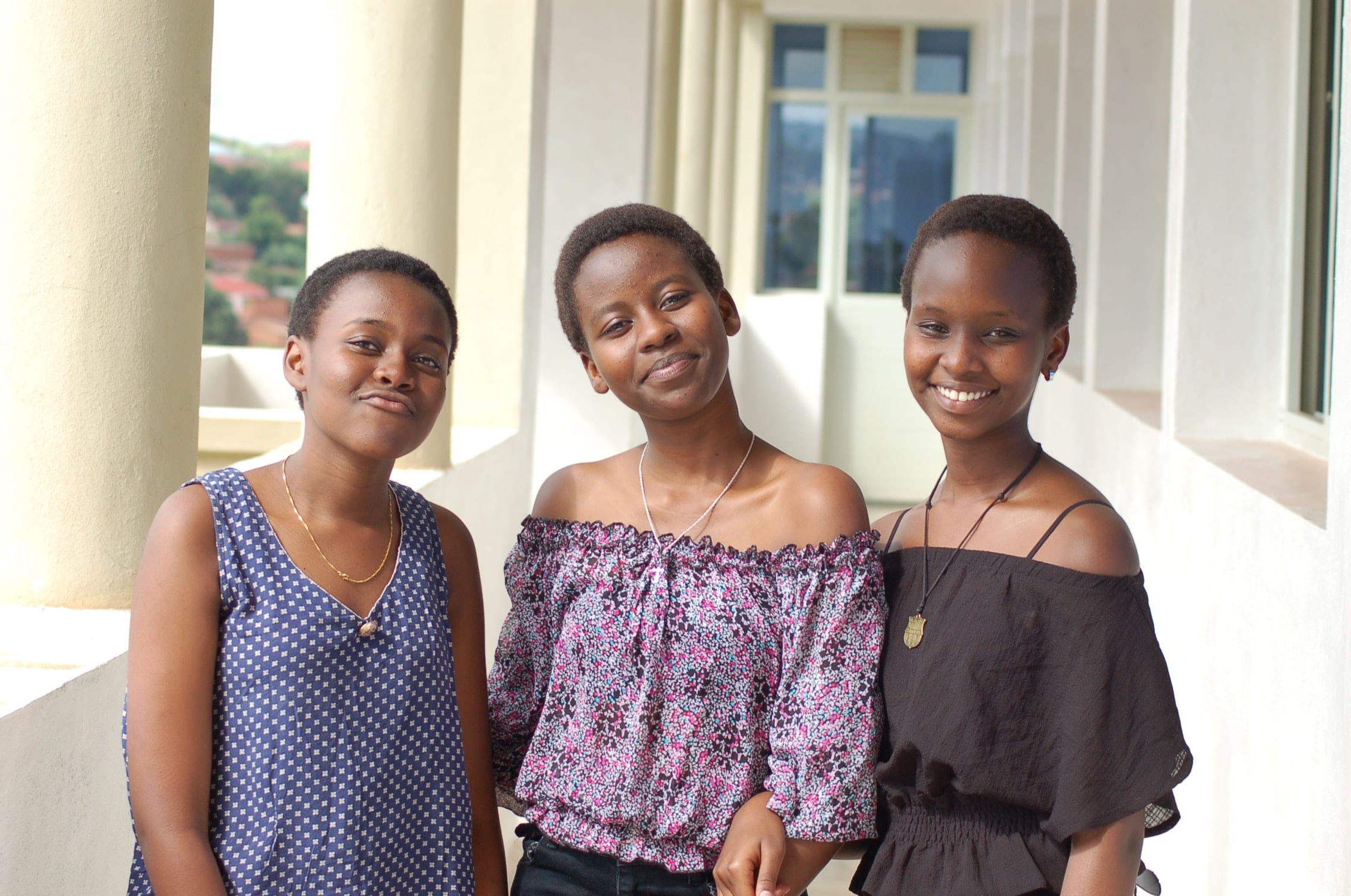In Mozambique, children and adolescents in rural areas have high rates of adverse health and social outcomes. Improving child health and nutrition means connecting families to resources. It also means fostering discussions that help caregivers make informed decisions that impact child health and nutrition. Households in rural Mozambique are having new conversations about family planning, gender roles, nutrition, and sustainable agricultural practices. These subjects are difficult to discuss and often go unaddressed. But that’s beginning to change.

Woman and child in Chemba, Mozambique
– Gerra*, PCI Media radio drama listener in Mozambique
Post-harvest loss can have serious negative impacts on a household’s ability to provide sustainable and nutritionally diverse diets. The program educated audiences on solutions that extend the life of available resources. Lessons include how to:
- properly test grain storage bags and secure grain inside of them
- preserve firewood through more resource-efficient cooking techniques
- use solar dryers to prepare fresh produce for long-term storage
The program also addresses gender stereotypes in the household and how to overcome them in order to achieve a more equitable division of labor and remove some of the burdens often placed on women.
Programs like this one are essential in a world with increasing food security. Successful programs for the future will require adaptive practices and holistic approaches that address the intersecting issues that impact child health and nutrition. Learn more about our Healthy Living programs.



Recent Comments